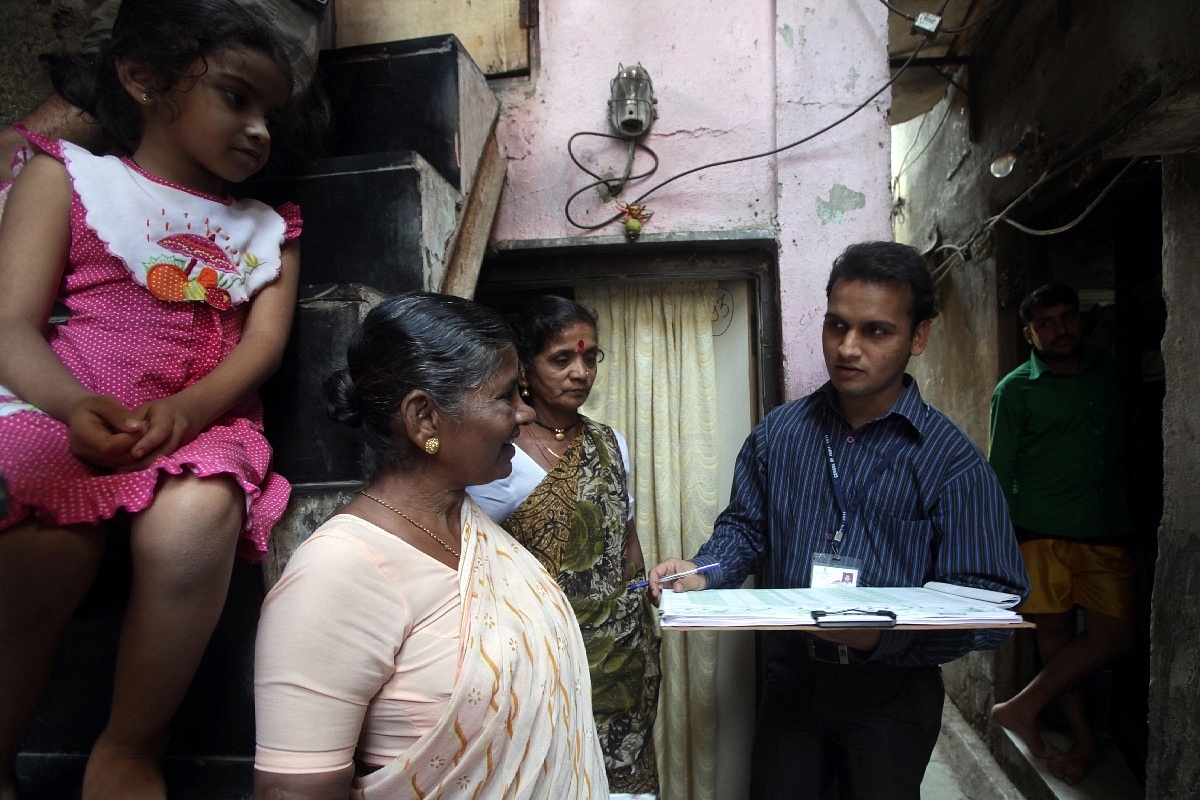News Brief
"Census Falls Under Union List": Centre Tells Supreme Court Opposing Bihar Caste Survey
- Home Ministry said that the process of a census is governed by the Census Act of 1948.
- The Patna High Court had previously affirmed the legality of the survey on 1 August.

Census (Representative Image)
In response to the caste-based survey carried out by the Bihar government, the Union government asserted on Monday (28 August) that census-related matters fall within the purview of the Union List under Entry 69 of the Seventh Schedule of the Constitution.
The Office of the Registrar General, under the Home Ministry, communicated this stance to the Supreme Court in a concise two-page affidavit, clarifying that the process of a census is governed by the Census Act of 1948.
A prior affidavit submitted by the Centre on the Monday morning stated in its penultimate paragraph that "no other body is entitled to conduct the exercise of either census or any action akin to census." However, this paragraph was later removed in a revised version of the affidavit.
Although a small modification, this revision holds significance as the Bihar government argued that its initiative was not a full-fledged census but rather a survey aimed at the welfare of its citizens.
The affidavit clarified that the Central government is dedicated to taking affirmative measures in accordance with the Constitution and applicable laws for the advancement of Scheduled Castes (SCs), Scheduled Tribes (STs), Socially and Educationally Backward Classes (SEBCs), and Other Backward Classes (OBCs).
The Ministry emphasized that the affidavit was intended solely to present the legal standpoint to the Supreme Court.
The Supreme Court on 21 August granted the Union government a seven-day window to submit its response. This decision followed Solicitor General Tushar Mehta's representation on behalf of the Centre, where he expressed his intention to officially present the constitutional and legal stance on record.
Previously, the Supreme Court had declined to halt the dissemination of data gathered from the recent caste-based survey in Bihar. The Court dismissed arguments that the Nitish Kumar government had violated individuals' fundamental right to privacy by requiring them to disclose their caste.
Justice Sanjiv Khanna remarked, "How is the right to privacy affected when somebody is asked to give his caste or sub-caste? That individual data are not released to the public… What is released is the cumulative figures."
Petitioners argued that Bihar lacked the authority to carry out such a survey, as it encroached upon the jurisdiction of the Central government. They claimed that the survey violated Schedule VII of the Constitution, the Census Act of 1948, and the Census Rules of 1990.
The petitions highlighted that the enumeration of census is outlined in Entry 69 of the Union List in the Seventh Schedule of the Constitution. Additionally, the pleas contended that the survey notification in June 2022 went against Section 3, 4, and 4A of the Census Act of 1948, as well as Rules 3, 4, and 6A of the Census Rules of 1990.
Various legal representatives, including senior advocates Kapil Sibal, CS Vaidyanathan, Aparajita Singh, Barun Kumar Sinha, and advocate Tanya Shree, are representing the petitioners. Senior advocate Shyam Divan is representing the Bihar government.
Shyam Divan argued that the opposition to the survey was motivated and clarified that the survey had concluded on 6 August. He emphasized that the collected data would be used for analyzing social trends, and assured the court of the protection of individual data.
The Patna High Court had previously affirmed the legality of the survey on 1 August.
Support Swarajya's 50 Ground Reports Project & Sponsor A Story
Every general election Swarajya does a 50 ground reports project.
Aimed only at serious readers and those who appreciate the nuances of political undercurrents, the project provides a sense of India's electoral landscape. As you know, these reports are produced after considerable investment of travel, time and effort on the ground.
This time too we've kicked off the project in style and have covered over 30 constituencies already. If you're someone who appreciates such work and have enjoyed our coverage please consider sponsoring a ground report for just Rs 2999 to Rs 19,999 - it goes a long way in helping us produce more quality reportage.
You can also back this project by becoming a subscriber for as little as Rs 999 - so do click on this links and choose a plan that suits you and back us.
Click below to contribute.
Latest